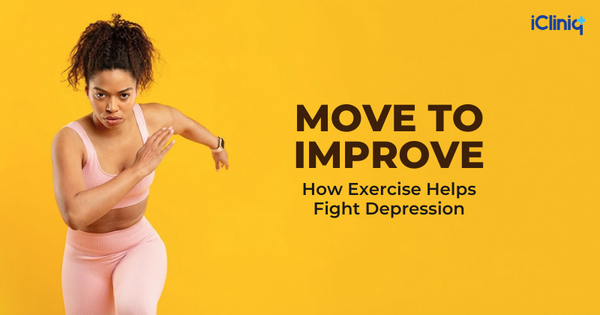Eat Smart, Move More: Everyday Ways to Lower Cholesterol

While cholesterol plays a vital role in essential body functions, elevated levels can lead to serious health issues, especially heart disease and stroke. Cholesterol is produced naturally by the liver and also comes from the foods we eat. The key is balance: maintaining healthy cholesterol levels through smart lifestyle choices like diet and exercise and, sometimes, with medical guidance when needed.
Improve Cholesterol with Heart-Healthy Food Choices
Making small, conscious changes to your diet can help bring cholesterol to healthy levels:
- Decrease the intake of saturated fats, primarily found in red meat and full-fat dairy products. Reducing the consumption of saturated fats can reduce LDL cholesterol (low-density lipoprotein), commonly known as the "bad" cholesterol.
- Avoid trans fats. If you check on the food labels, trans fats are mentioned as partially hydrogenated vegetable oil. Trans fats raise overall cholesterol levels.
- Increase soluble fiber and omega-3 fatty acids in your diet. Soluble fiber can reduce absorption of cholesterol, and omega-3s don't affect the low-density cholesterol.
Say No to Smoking
Smoking can contribute to the accumulation of HDL cholesterol levels, and quitting smoking can improve the level. It has been observed that after quitting smoking for 30 minutes, your heart rate reduces to normal, and in 3 months, the blood circulation and lung function improve, and the risk of getting heart disease reduces by half.
Maintain Healthy Weight
Being overweight can contribute to the accumulation of cholesterol. Therefore, it is recommended to avoid intake of sugary drinks and have healthy snacks rather than deep-fried ones. Also, try to track your calorie intake. Try having an active lifestyle; small walks go a long way. Take breaks between office hours to walk or stretch. This way you can maintain good health and weight.
Final Thought
For some people, diet and exercise alone may not sufficiently lower cholesterol levels. In these cases, it's important to consult a healthcare professional. Prescription medications, alongside continued healthy habits, can effectively bring cholesterol into a safer range.





